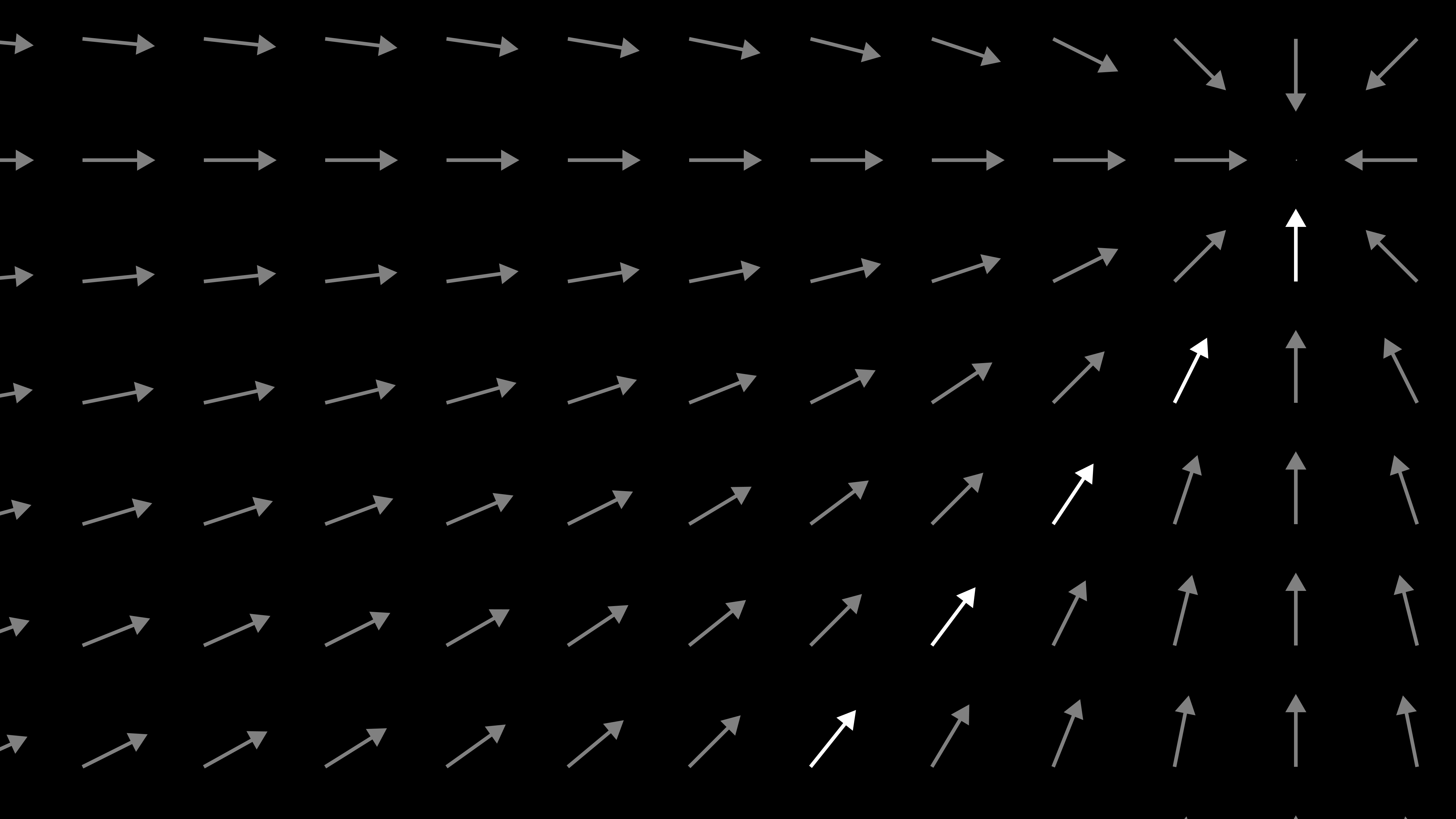We're pleased to allow anyone to sign up for Memory Index access today.
The Memory Index functions as a repository of user-anonymised web trajectories -- storing page structures as a graph, and navigation across those structures as searchable data.
In practice, this means that when an AI model uses Nolita to accomplish an objective on the web, it can share and recall patterns of navigation from other successful objectives when accomplishing subsequent tasks.
What to expect
As the Memory Index grows, it becomes better, as more tasks and pages become searchable. This means at first improvement begins subtly, refining over time toward more intelligent application of steps. We also are continuing to improve our search and replay functionality on the Index and in Nolita respectively to improve global performance. We're happy to have our earliest users on the ground floor with us.
How to get started
It's easy. Get an account on our dashboard. Every user gets 10,000 requests per month by default, with more available via subscription.
With npx nolita auth, you'll be prompted to access the dashboard, generate a key at the API page, and input it into Nolita. It will be saved as a dotfile on disk.
From then on, all requests will utilize memories in the index.
If you use Nolita as a package import, you pass your HDR key with your .env file or by passing it into the Browser class:
const agent = makeAgent({ apiKey: process.env.OPENAI_API_KEY!, provider: "openai" },{ model: "gpt-4" });const browser = await Browser.launch(false, agent, undefined, {apiKey: process.env.HDR_API_KEY,});const page = await browser.newPage();
Next steps
- We intend to surface route following more explicitly. You'll soon be able to use
nolita recordandnolita replayto apply web navigation trajectories to different sessions.- Likewise, we'd like to surface memory management on the dashboard so that organizations can configure and retain successful memory identifiers to apply directly.
- We have a rewrite of our agent engine, supplanting the
zod-gptpackage, in pre-alpha, coming soon after.- Once the rewrite is in place (allowing for long-overdue Claude 3 integration), we anticipate local model integration to come soon after that.
